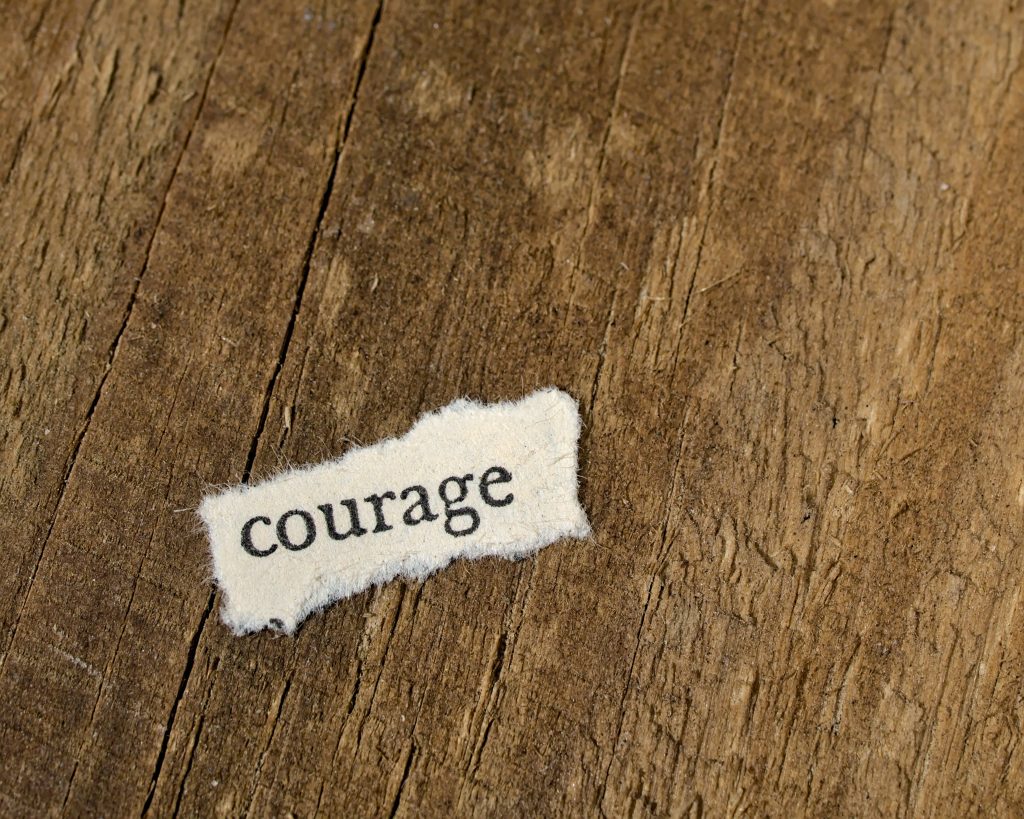In the majority of cases the abuse is by a partner or ex-partner, but also can be by a family member or carer. It is very common. In the vast majority of cases it is experienced by women and is perpetrated by men. It is never acceptable and we are here to help.
Domestic Abuse is the intentional use of verbal, emotional, psychological, financial, economic and physical abusive tactics and behaviours in order to maintain power and control over and manipulate a partner, ex-partner or family member.
Domestic Abuse is any incident of threatening behaviour, violence or abuse between adults who are or have been intimate partners or family members, regardless of gender or sexuality.
It can include individuals who are married or civil partners, those who have agreed to marry or enter a civil partnership – even where the agreement has since been terminated. It can also include those who have or have had a parental relationship with the same child and relatives. Individuals do not need to be living together for incidents to be defined as domestic abuse as long as there is a personal connection.
It arises from the misuse of power and control by one person over another. It is a single incident or series of incidents and behaviours that usually escalate over time. The abuse includes different abusive behaviours that can be used together or separately at different times.

Domestic Abuse can take many forms and often includes, but is not limited to the following:
- Controlling behaviour
- Coercive behaviour
- Violent or threatening behaviour
- Psychological Abuse
- Physical Abuse
- Sexual Abuse
- Economic Abuse including Financial Abuse
- Emotional Abuse
- Controlling and Coercive Behaviour
Controlling behaviour is at the centre of all domestic abuse whether it is physical or emotional.
Controlling behaviour is where a current or ex-partner or family member controls your life to make you dependant, or subordinate to them. They do this by isolating you from your support network including your family, friends, money and work. This prevents you from having what you need to be independent and escape.
Coercive behaviour is where violence, intimidation, threats and humiliation is used to harm, punish and frighten. This includes so called ‘honour’ based abuse such as forced marriage and female genital mutilation and is not limited to one gender or ethnic group.

Emotional Abuse can include such things as:
- Pressure tactics to get what they want
- Sulking
- Constant criticism such as being told that you are useless, ugly or worthless
- Threats to kill or harm you, your children or your pets
- Threats to commit suicide
- Threats to take the children away or report you to Children’s Services
- Embarrassing you in public
- Intimidation and bullying
- Being locked in
- Isolated away from family and friends
- Not being allowed money, food, sleep or freedom
- Stalking and harassing you especially after separation
Psychological or Emotional Abuse can be behaviour directed at another person. For example a mother can be abused by witnessing abuse towards their child. In addition, a child is abused by seeing, hearing or experiencing the effects of abuse of somebody related to them. A child is anybody under the age of 18 years.
Physical Abuse can include:
- Slapping
- Punching
- Pinching
- Beating
- Kicking
- Assault with a weapon
- Strangulation
- Suffocation
- Destroying your possessions
Economic Abuse can include:
- Property damage
- Restricting access to finances, education, career progression
- Not complying with economic responsibilities
- Behaviour that interferes with the ability to acquire use and maintain economic resources, such as money, transportation and utilities
Financial Abuse can include:
- Forcing you into debt such as credit card debt
- Withholding or forcing you to beg for money
- Not allowing you to earn your own money or have access to joint accounts
- Making you account for any money spent
- Constant monitoring or questioning of your finance
Economic Abuse and Financial Abuse is any behaviour that substantially affects another person’s ability to acquire, use or maintain money or other property, or their ability to obtain goods and services. Financial Abuse is one form of Economic Abuse.
This list is just a small sample of behaviours used in abusive relationships.
The abuse may not be constant there may be times where your abuser says s/he is sorry and promises not to do it again, they promise to change, they blame stress, anger, alcohol, the children, you. They may buy you gifts, cry and beg. These are tactics used to keep you from leaving the relationship in the belief that things will get better.
It is difficult to understand why the person you love, who says they love you, is abusive to you.
It is not your fault, you are not to blame. You are not alone. Men and women of all ages, cultures, religions, sexual orientation, from all walks of life can be victims of domestic abuse.

What is Violence Against Women and Girls?
The term ‘violence against women and girls’ (VAWG) refers to acts of violence or abuse that we know disproportionately affect women and girls.
Crimes and behaviour covered by this term include rape and other sexual offences, domestic abuse, stalking, so-called ‘honour’-based abuse (including female genital mutilation, forced marriage, and ‘honour’ killings), as well as many others, including offences committed online.
Male violence against women and girls is a consequence of deep rooted, harmful, societal, and cultural beliefs about gender roles, and gender identities. This is a result of global gender inequality.
Damaging messaging of binary masculine and feminine identities, are maintained by our institutional and cultural structures in society, and it will take a whole system approach to dismantle these structures, to ensure VAWG is eradicated.
While we use the term ‘violence against women and girls’, this refers to all victims and survivors of any of these offences:
- Femicide
- So called ‘honour’ based abuse & forced marriage
- Rape, sexual abuse & exploitation
- Stalking & harassment
- Female Genital Mutilation
- Digital & online abuse
- Domestic abuse
To find out more about the strategy of tackling violence against women and girls in Surrey read here.